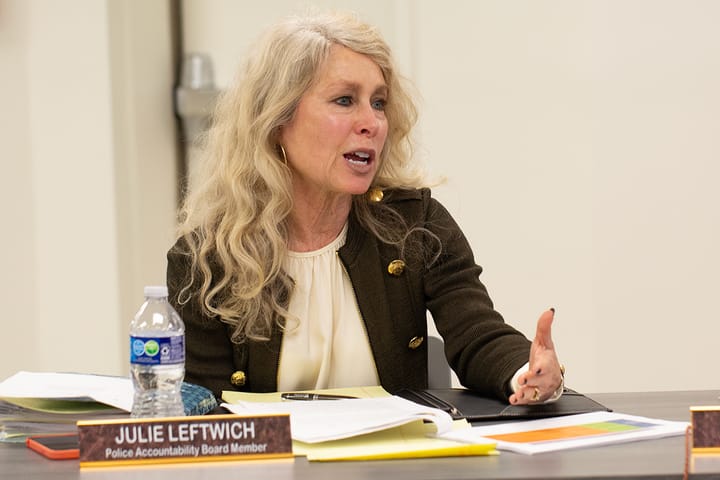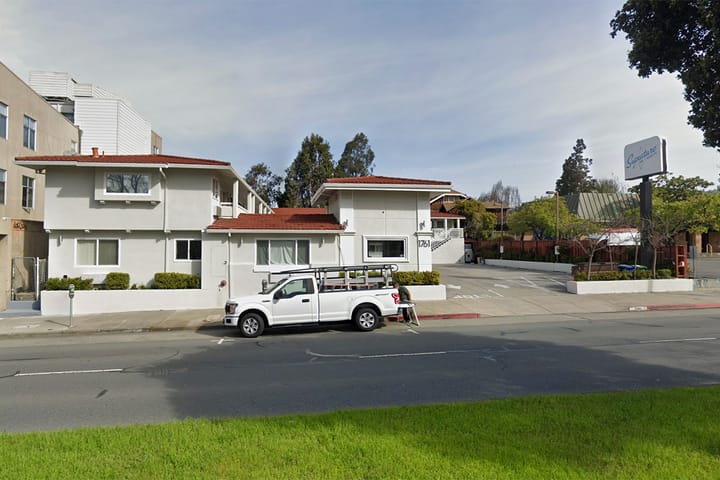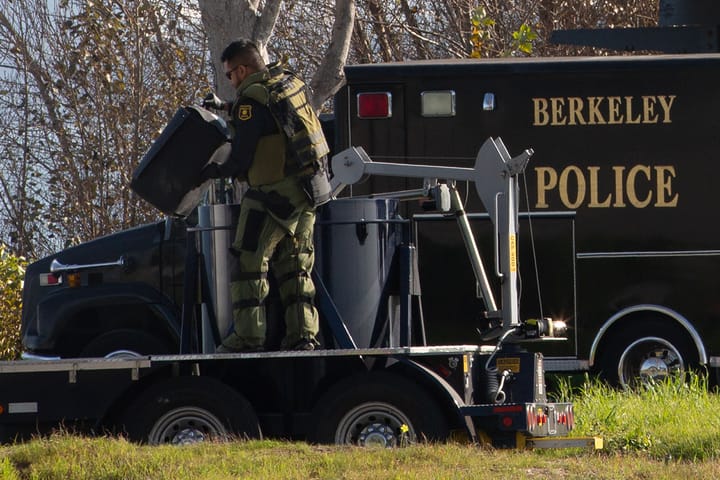Amid rising antisemitism, Jews in Berkeley hold forum on safety
" We know what's happening. We all feel it," said Teresa Drenick of American Jewish Committee, an organizer of the event.

Members of Berkeley's Jewish community came together at a local synagogue last week to discuss rising antisemitism and how to respond to it.
The event, at Netivot Shalom, was organized by the Jewish Coalition of Berkeley and American Jewish Committee with support from the Jewish Community Federation and several other local groups.
On Wednesday night, organizers described both the growing number of antisemitism reports — up 10% nationwide from 2023 to 2024, according to AJC — and the ways some American Jews say they have changed their behavior to avoid being targeted, hiding a Jewish star or kippah, or avoiding Jewish events.
"We are in unchartered times," said Teresa Drenick, Northern California AJC deputy director, before introducing a panel of local law enforcement professionals. "It felt that way before Oct. 7. And, since then, we all know what our community and our families have been experiencing."
"Then things seem to have changed for the worse yet again," she continued, after two young Israeli Embassy staffers were killed in DC in May and the deadly Molotov cocktail attack in June at a Boulder demonstration for the release of the hostages still held by Hamas.
"We have seen what's happening in San Francisco, with Manny's being horribly vandalized in an antisemitic manner, with young people waiting for an Uber in the Marina District assaulted; in downtown Berkeley, windows being smashed out while antisemitic slurs are being hurled at passers-by," Drenick went on. " We know what's happening. We all feel it."
Alameda County has 17,000 Jewish households, she said, and the city of Berkeley is home to numerous Jewish gathering places, including multiple houses of worship as well as preschools, day camps and the Jewish Community Center of the East Bay.
"While Berkeley has so far been spared the worst of these incidents, the climate of fear has nonetheless touched our city," organizers wrote in the lead-up to the forum. "This event offers a chance to hear directly from local law enforcement and legal officials about their efforts to protect Jewish life and uphold public trust."

To that end, organizers brought together several Berkeley police officers, Alameda County District Attorney Ursula Jones Dickson and Rafael Brinner, who oversees security efforts for the Jewish Community Federation & Endowment Fund, to share insights about public safety and answer community questions.
Brinner described the Federation's work building bridges with local law enforcement agencies to ensure hate crime reports are taken seriously and understood in context.
He urged attendees to report antisemitic incidents and security concerns first to police and then to groups like the Anti-Defamation League, the Jewish Community Federation and others who track them.
The Federation also offers online security training to help people become more aware of potential risks and learn how to document problems and de-escalate tense situations, he said.
"The eyes and ears of our community are the most effective defense that we have against the hate that we're facing," Brinner said.

DA Jones Dickson walked attendees through several types of hate crimes and the challenges prosecutors may face when putting them to a jury.
She said most hate crimes don't result in very serious penalties, and urged people who are concerned about them to advocate for legislative changes at the state level.
Most hate crimes are misdemeanors, resulting in less than a year in jail, and even those that are felonies don't carry heavy sentences.
"Those felonies are the lightest felonies we have," she said, "either 16 [months], two or three years [served at half-time]. That's not a whole lot."
Jones Dickson said authorities rely on many pieces of evidence, including past behavior, to "get into the mind of the individual" to prove to a jury "that the motivation for that crime is hate."
She said an interim legal step can sometimes include getting a restraining order, which can help prove a more serious crime down the line.
Jones Dickson also emphasized the importance of protecting all religious institutions and their congregations.
"It is not that long ago that I remember somebody walking into a house of worship in South Carolina and worshiping with the group, and then murdering them," she said. "We need to keep the places where we praise our God safe."
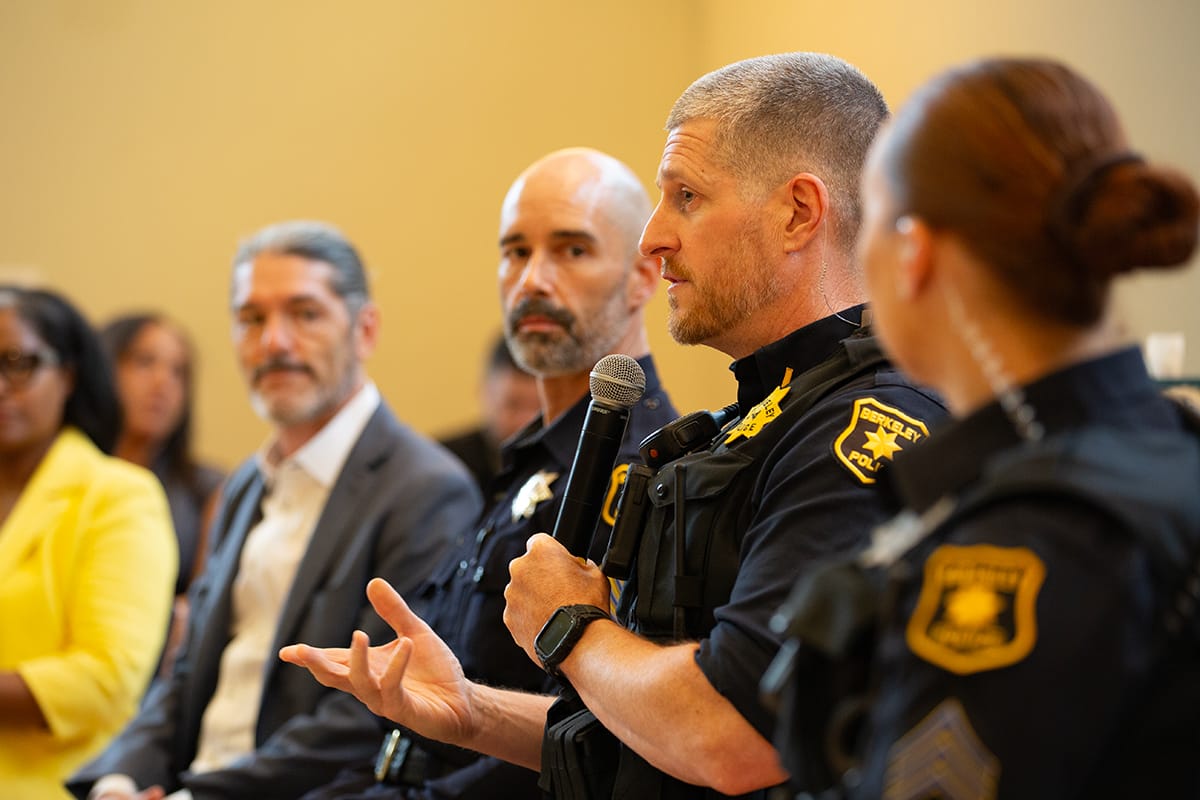
Authorities also addressed community confusion over whether something is a hate crime or not.
Police encouraged attendees — who included several members of the Berkeley City Council and staffers from the Berkeley mayor's office — to leave that to the professionals.
"We need to know that these incidents have occurred," said BPD Sgt. Darrin Rafferty. " If we don't know about it, we can't move forward with it. We can't go and knock on doors. We can't check and see if anybody's got video or a license plate or any other further information."
Antisemitic incidents in Berkeley in recent years have included the repeated distribution of fliers containing hateful messages in baggies to the carving of swastikas on several parked cars.
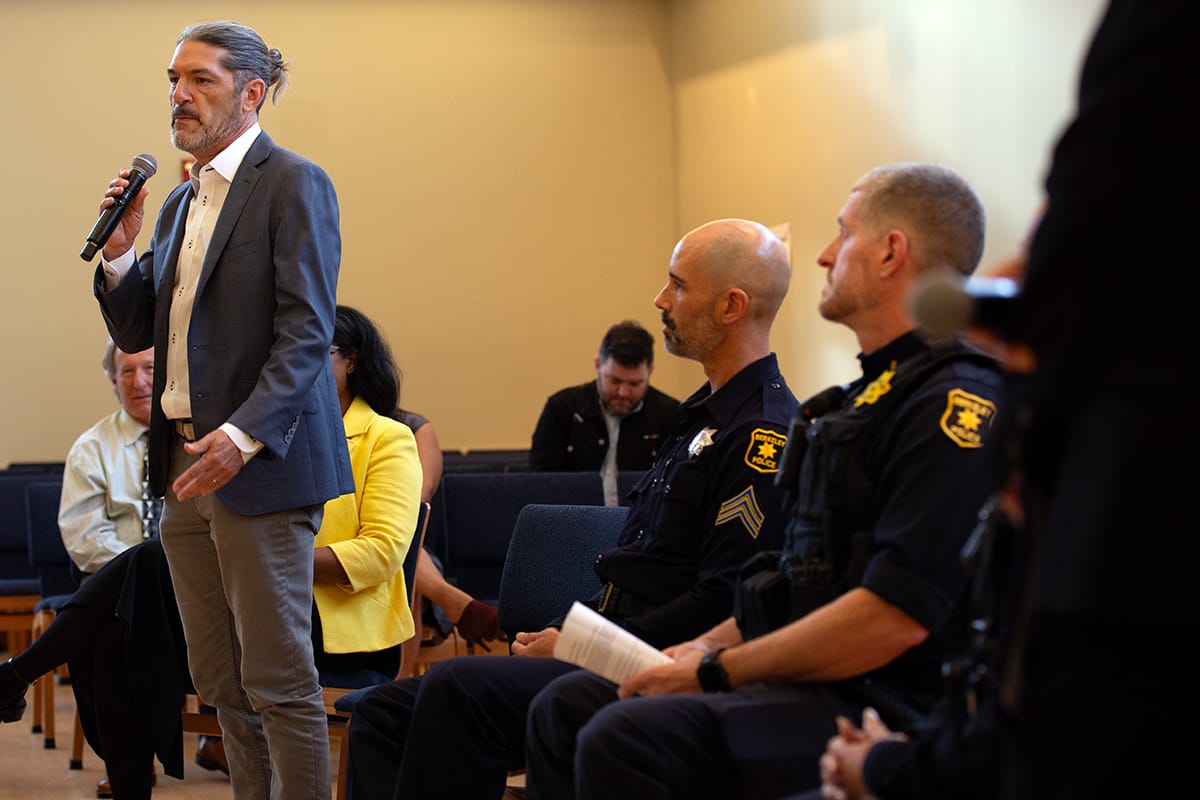
Panelists also discussed how they protect freedom of speech and the constitutional right to protest amid the challenges of keeping everyone safe, particularly when both sides show up to events that can get tense.
Brinner said context can be key, and authorities often look at whether protests and demonstrations are happening in public spaces versus at houses of worship themselves.
"The other problem that we're facing, the last year and a half especially, is that antisemitic activity has been masquerading as political speech and that masquerade may be hard to articulate over the phone to the 911 dispatcher," he said. "Articulate exactly what you're afraid of rather than focusing on what the speech is."
Brinner and others urged community members to report any threatening behavior as quickly as possible.
"You don't have to go home and report it," said BPD Sgt. Samantha Martinez. "You can call right away and let us know what's going on, because we don't know if the situation's going to escalate. We would like to get involved before anybody else gets hurt or the situation arises to a bigger level."
BPD Sgt. Samantha Martinez: "Call right away and let us know what's going on."
She and others urged attendees to focus on being good witnesses rather than getting pulled in to violence or a heated confrontation — even if that might mean holding back from speaking up.
"Don't take the bait, don't engage," said Jones Dickson. "Survive the encounter, and then we'll take care of the rest."
Brinner agreed.
"To the extent that we can step back and not feel that impulse to confront, I think we keep ourselves safer on the one hand, and we don't expend a huge amount of emotional energy on people who wish us harm," he said.

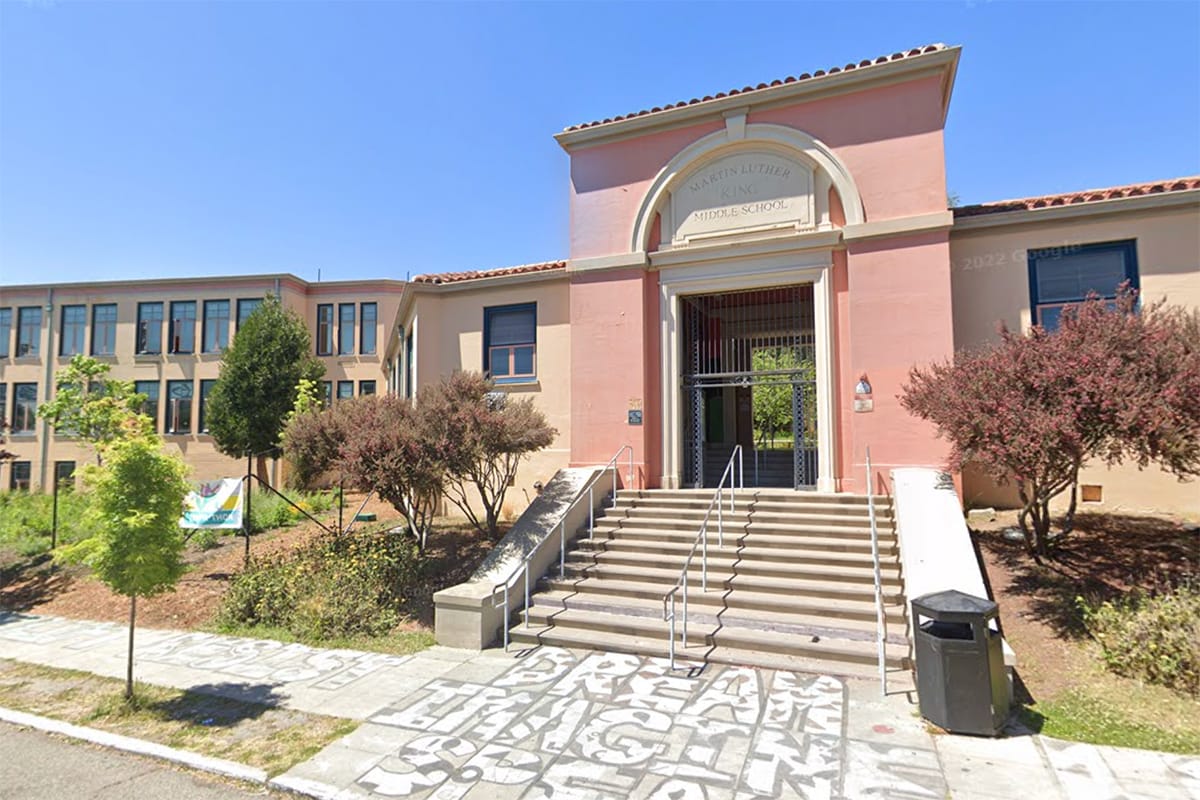

Berkeley police urged community members to let them know in advance if there are plans for a protest so they can prepare appropriately, by boosting staffing or intelligence, for whatever might happen.
First and foremost, officers said, they are there to facilitate lawful demonstrations. But they are also prepared to step in if they have to.
"If we do have opposing groups, or even if we don't have opposing groups and we know that there's a group gathering, we're going to send officers and keep an eye on it," said BPD Lt. Matt McGee.
He said that includes watching for agitators and taking steps to identify people who may be there to break the law.
"Even while it's occurring, we're working. We may be sitting in the car observing, but we are watching all of this," McGee said. "We're not waiting for something to happen."
Berkeley police said community members who would like to discuss related matters and concerns can email police@berkeleyca.gov or call BPD's non-emergency number, 510-981-5900.





